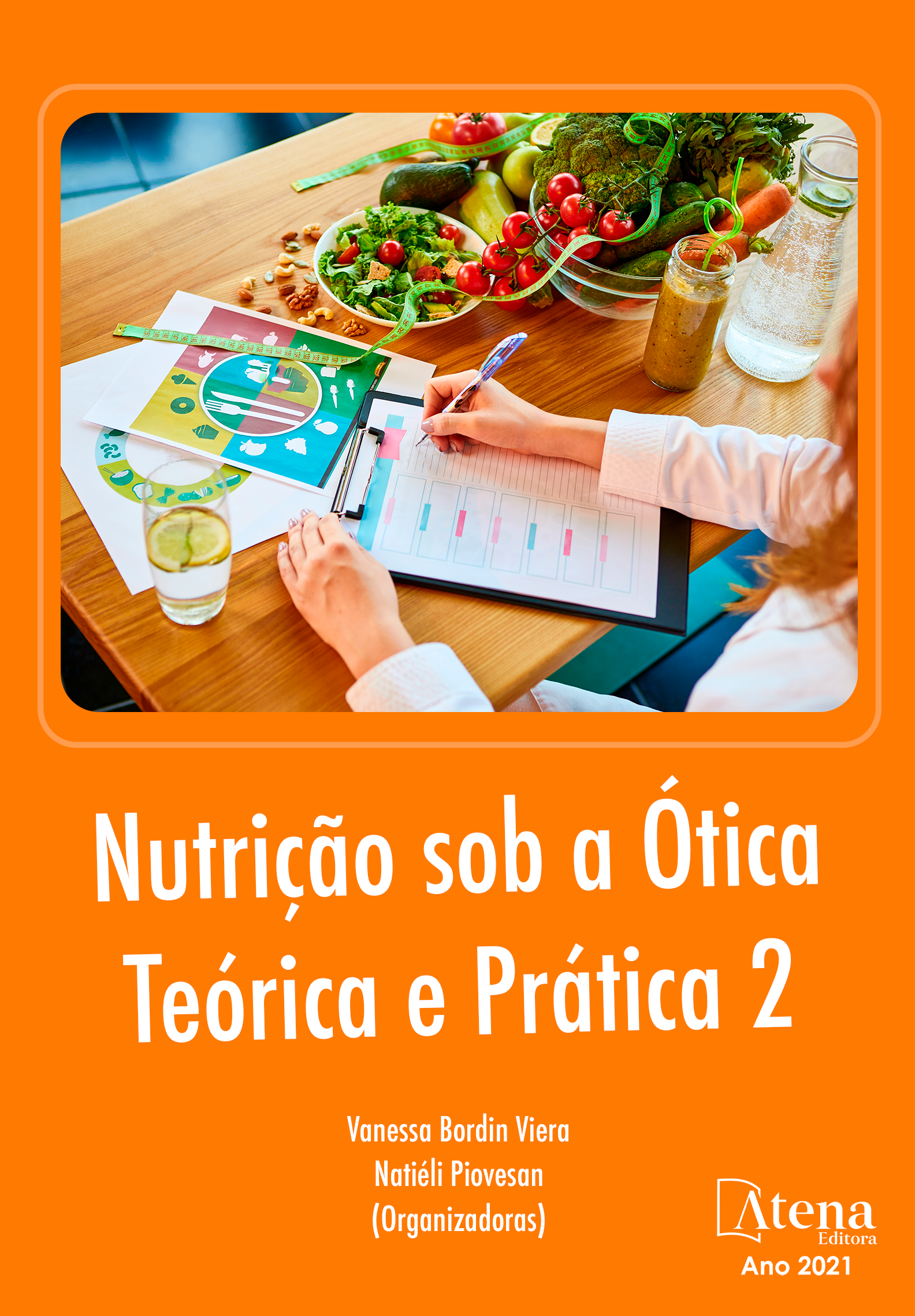
OS PRIMEIROS MIL DIAS DA CRIANÇA: UMA JANELA DE OPORTUNIDADES À PROMOÇÃO DA ALIMENTAÇÃO SAUDÁVEL
Os primeiros mil dias da criança compreende a soma dos 270 dias da gestação, 365 dias do primeiro ano e os 365 dias do segundo ano. É uma etapa que possui muita relevância na implantação dos hábitos saudáveis e repercute nos indicadores de patologias no decorrer da vida. O presente trabalho teve como objetivo analisar a importância dos cuidados nutricionais nos primeiros 1000 dias de vida da criança. Trata-se de uma revisão bibliográfica, divididas em duas etapas. A primeira constitui-se de pesquisa bibliográfica nas bases de dados do Scientific Electronic Library Online (SCIELO) e Biblioteca Virtual em Saúde (BVS). Selecionou-se os artigos publicados no período de 2010 a 2020. A segunda etapa foi uma análise criteriosa dos trabalhos com de informações mais relevantes. Com isso, os resultados demostraram que, na primeira fase de 270 dias da gestação, a condição geral de saúde da mãe-filho é resultante de uma nutrição adequada. Na segunda fase após nascimento, os 730 dias, o aleitamento materno além de minimizar o risco contra infecções, auxilia o sistema imunológico, cerebral e maturação do conjunto digestório. Na fase da introdução alimentar da criança, é de suma importância ofertar uma alimentação variada e equilibrada, com intuito de reduzir o risco de desenvolver agravos a saúde, como obesidade. Assim, conclui-se que os primeiros mil dias criança é um período para ações e intervenções que vise garantir uma nutrição saudável para a criança, considerado inclusive uma janela de oportunidades, que pode ter impactos benéficos ao longo do ciclo vital.
OS PRIMEIROS MIL DIAS DA CRIANÇA: UMA JANELA DE OPORTUNIDADES À PROMOÇÃO DA ALIMENTAÇÃO SAUDÁVEL
-
DOI: 10.22533/at.ed.51621010416
-
Palavras-chave: Aleitamento materno, Gestação, Introdução alimentar, Nutrição.
-
Keywords: Breastfeeding, Gestation, Food introduction, Nutrition.
-
Abstract:
The child's first thousand days comprise the sum of 270 days of gestation, 365 days of the first year and 365 days of the second year. It is a step that has great relevance in the implementation of healthy habits and affects the indicators of pathologies throughout life. This study aimed to analyze the importance of nutritional care in the child's first 1000 days of life. This is a bibliographic review, divided into two stages. The first consists of bibliographic research in the databases of the Scientific Electronic Library Online (SCIELO) and Virtual Health Library (VHL). Articles published in the period from 2010 to 2020 were selected. The second step was a careful analysis of the works with the most relevant information. Thus, the results showed that, in the first phase of 270 days of pregnancy, the mother's general health condition is the result of adequate nutrition. In the second phase after birth, the 730 days, breastfeeding besides minimizing the risk against infections, helps the immune, brain and maturation of the digestive system. In the child's food introduction phase, it is extremely important to offer a varied and balanced diet, in order to reduce the risk of developing health problems, such as obesity. Thus, it is concluded that the first thousand child days are a period for actions and interventions that aim to ensure healthy nutrition for the child, even considered a window of opportunities, which can have beneficial impacts throughout the life cycle.
-
Número de páginas: 7
- Sarah Camila Fortes Santos
- Leidiany Ramos Brito Silva
- Aline Prado dos Santos


